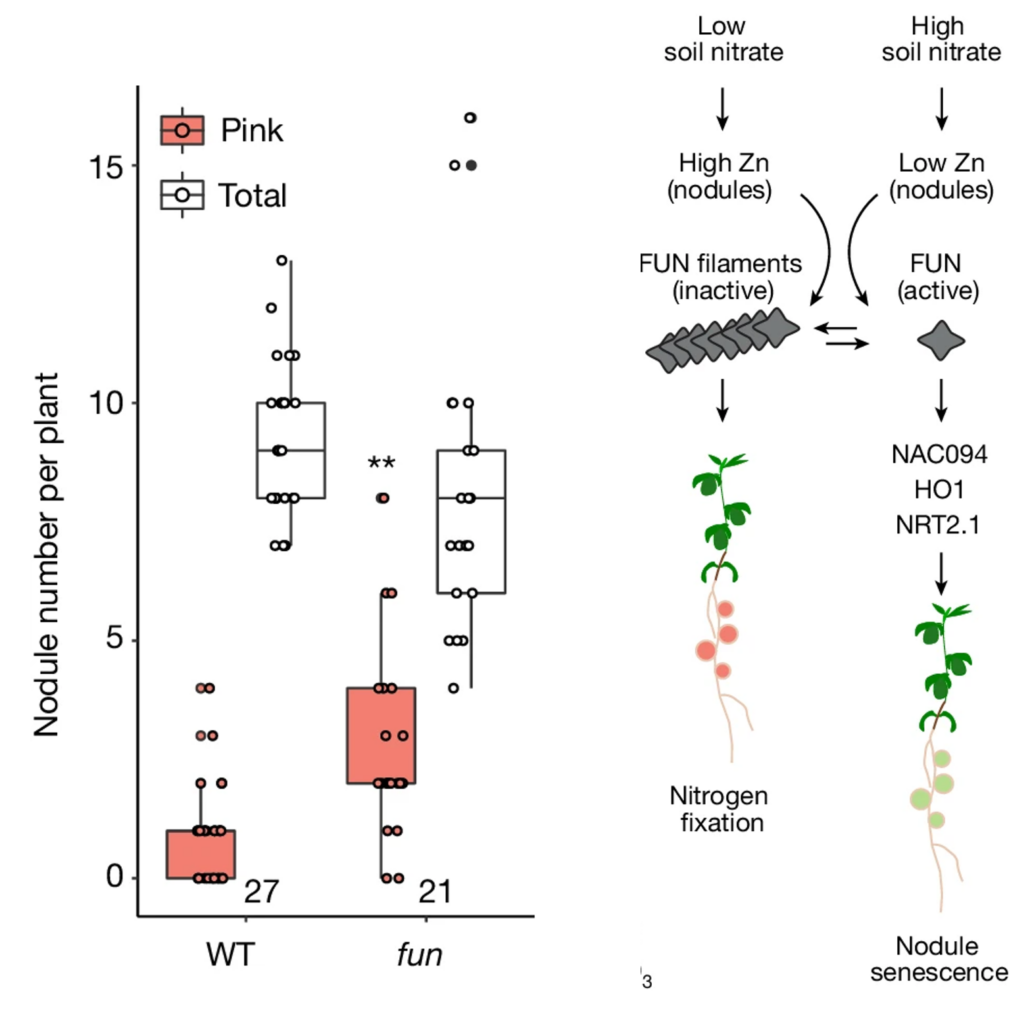
Zinc regulates symbiotic nitrogen fixation in response to soil nitrate
Plant Science Research WeeklyLegume plants inhibit the energy-intensive process of symbiotic nitrogen fixation when sufficient nitrate is present, primarily through nodule senescence. However, the nodule-specific genetic regulatory mechanisms of nitrate sensing and nodule senescence are poorly understood. A recent study by Lin and…
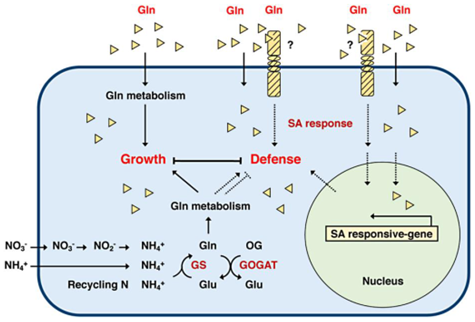
Glutamine induces lateral root initiation, stress responses, and disease resistance in Arabidopsis
Plant Science Research WeeklyNitrogen (N) is vital for plant growth, with plants typically absorbing inorganic N compounds like nitrate (NO3−) and ammonium (NH4+) from the soil. Yet plants can also utilize organic N sources, including amino acids like glutamine (Gln). Gln, as the first organic N compound assimilated within plant…
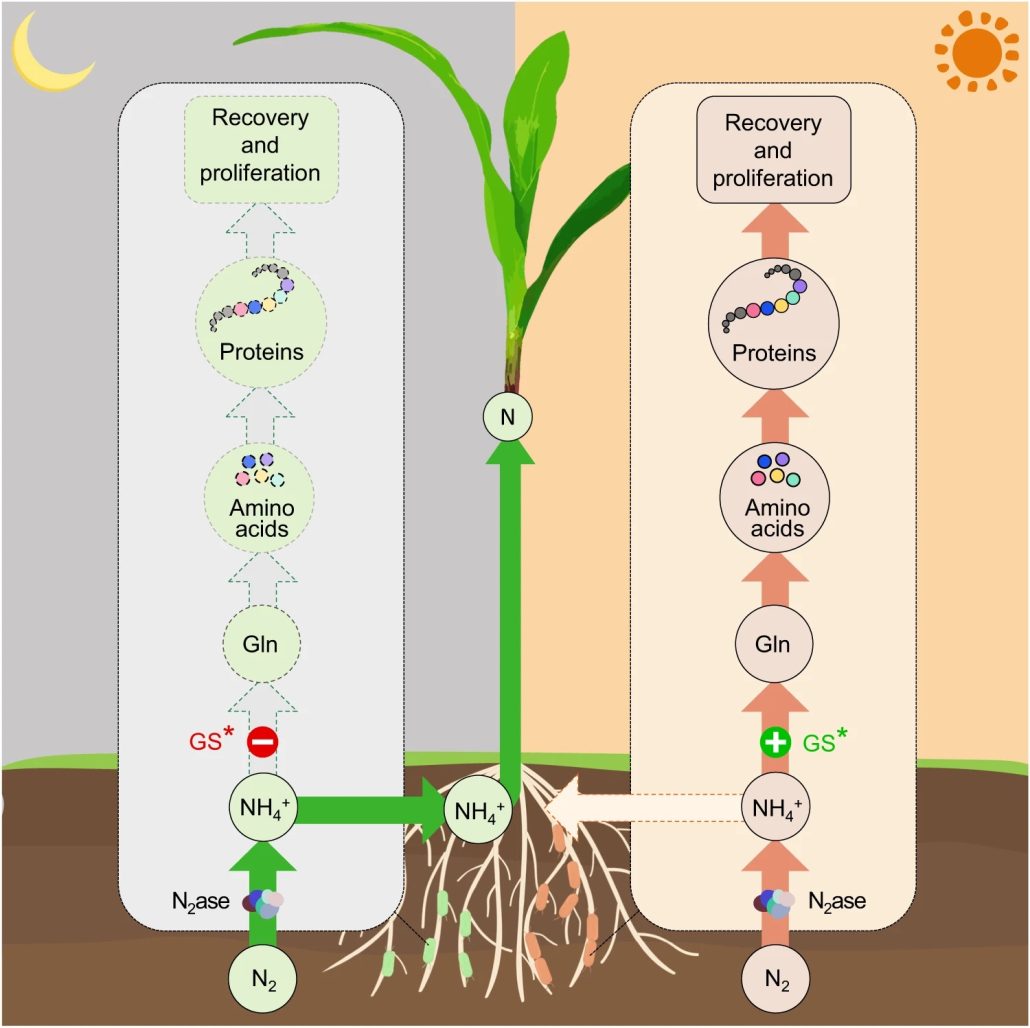
Diurnal switches in diazotrophic lifestyle increase nitrogen contribution to cereals
Plant Science Research WeeklyUnlike legumes, which form symbiotic associations with nitrogen-fixing bacteria (diazotrophs), high-yielding cereal crops are usually supplemented with inorganic fertilizers that are both energetically and environmentally problematic. Some non-legumes can obtain nitrogen from associations with free-living…
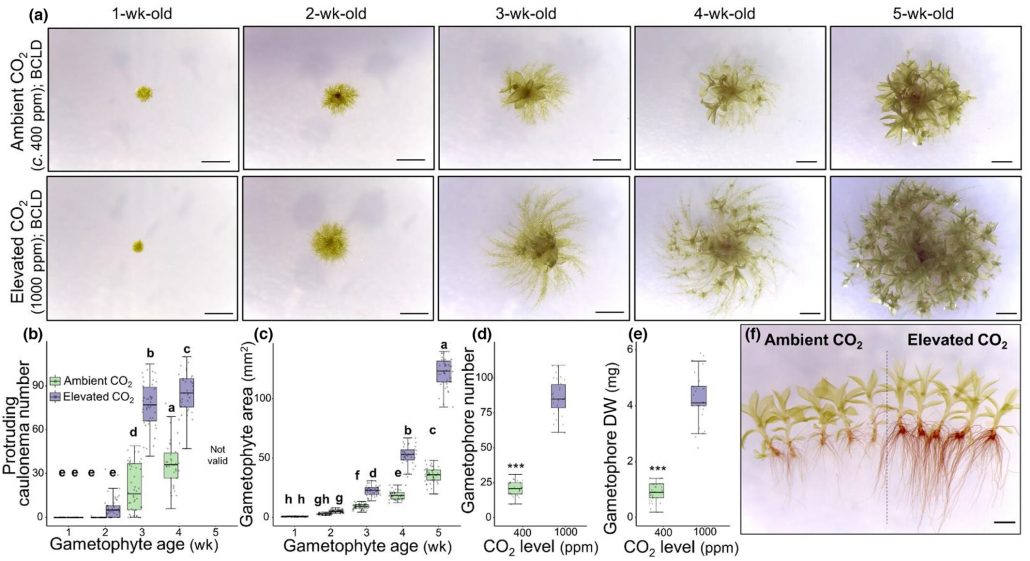
Physcomitrium patens responses to elevated CO2 and nitrogen
Plant Science Research WeeklyWith atmospheric CO2 levels increasing 100 times faster than historical levels, much attention has been paid to how crop plants respond to this elevated CO2 (eCO2). For angiosperms, eCO2 leads to increased CO2 assimilation and decreased photorespiration, but over time plants can adapt, leading to lower…
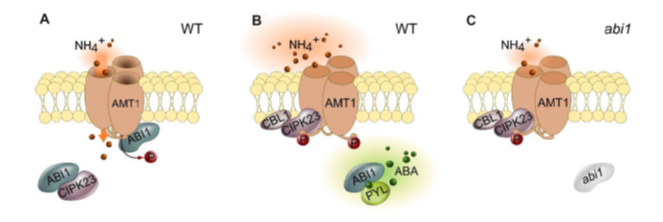
ABA-INSENSITIVE1 activates ammonium transporter AMT1 in an ABA dependent manner (Plant Physiol)
Plant Science Research WeeklyTo avoid ammonium toxicity, the ammonium transporters (AMTs) are tightly regulated by phosphorylation-dependent inactivation. The multifunctional kinase CIPK23 inactivates the AMT1s by phosphorylating conserved threonine residues (T460 in AMT1;1 and T472 in AMT1;2). ABA-INSENSITIVE1 (ABI1) and ABI2…
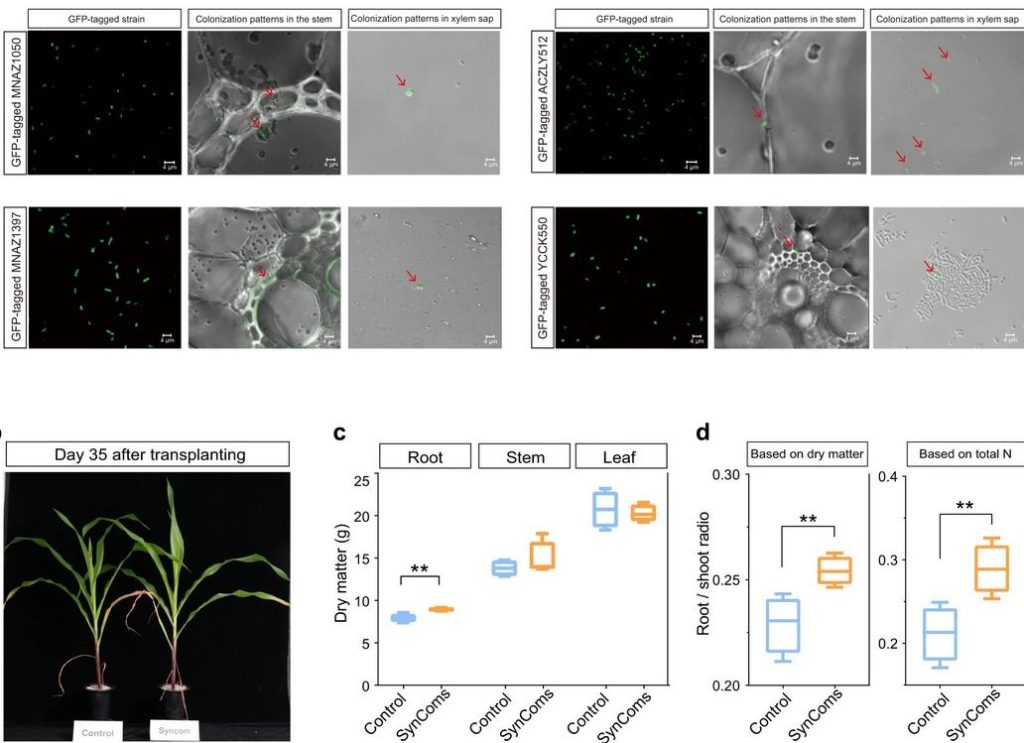
A highly conserved core bacterial microbiota with nitrogen-fixation capacity inhabits the xylem sap in maize plants (Nature Comms)
Plant Science Research WeeklyPlants and microorganisms build complex associations that are essential for plant homeostasis. Studies have suggested that there is a ‘core microbiota’ that is particular to specific crops and that is inherited through generations. Targeted manipulation of crop microbiomes with the inoculation of…

